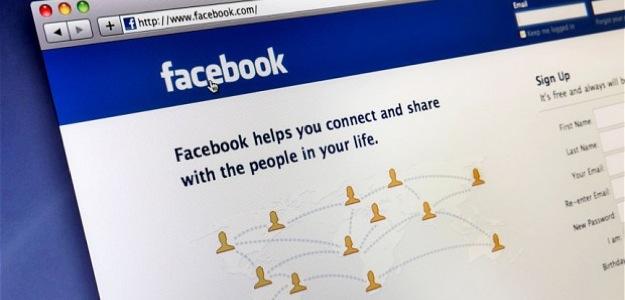 A British woman has narrowly avoided a jail sentence after a recent trial led to her eight-week suspended jail term and additional fine for suggesting on the social network that people help her “[burn] down some mosques.”
A British woman has narrowly avoided a jail sentence after a recent trial led to her eight-week suspended jail term and additional fine for suggesting on the social network that people help her “[burn] down some mosques.”
Michaela Turner, 24, was given the jail term (suspended for six months) and additional £145 fine ($227 USD) made up of two separate amounts: £85 ($133.48 U.S.) in legal costs, with an additional victim surcharge of £60 ($94.22 U.S.). Turner was brought to trial after Portsmouth magistrates were told about the bigoted comments she had made on Facebook following the death of a British soldier, Lee Rigby, in London last month.
Rigby was murdered in South-East London in late May, an incident that sparked an increase in Islamophobic incidents throughout the city. The man charged with the murder refused to answer to his legal name of Michel Adebolajo in court, announcing instead that he should be addressed as Mujahid Abu Hamza and repeatedly kissing a book that appeared to be a copy of the Qur’an.
Despite a statement from Rigby’s family calling for a cessation of the bigoted attacks – “We would like to emphasise that Lee would not want people to use his name as an excuse to carry out attacks against others,” they explained – Turner, who lives in Southsea, Hampshire, posted comments on Facebook including “Feeling like burning down some mosques in Portsmouth, anyone want to join me?”
According to Hugh Morgan, the court prosecutor for the case, Turner’s comments were “of the higher category of [their] type, given the circumstances in which this incident took place… To post such comments at any time would be unacceptable and have the potential to cause offense.”
In Turner’s defense, lawyer Rebecca Strong offered little beyond an apology. “She is extremely remorseful and ashamed of what happened,” Strong told the court. “She was with a friend, they were drinking [and] has watched some clips regarding what happened in Woolwich and she was extremely upset, as is most of the country at what happened.”
Strong said that Turner “fully accepts what she did and is very ashamed of what she said,” adding that she “knows she dealt with her feelings completely inappropriately and accepts it shouldn’t have been so public.” According to Strong, Turner also admitted that “her views were ill-informed with regard to burning down mosques,” which sounds like a slight understatement. “Alcohol had played a part in it, because she had been drinking.”
Nothing can prevent misguided users onto Facebook, but maybe the social network can add in some kind of inebriation test to prevent future errors of judgment. Still, it’s not Facebook’s job to watch what you say. People should display more restraint in sharing offensive comments with the world, especially when doing so can land them in court and possibly jail.
Editors' Recommendations
- Dozens of celebrities call for one-day boycott of Facebook, Instagram
- Facebook removes nearly 800 QAnon-related groups, pages, hashtags, and ads
- Sheryl Sandberg: Facebook will make changes to combat hate speech
- Zuckerberg spins Facebook’s indifference to truth as a commitment to ‘freedom’
- Facebook says white supremacists ‘cannot have a presence’ on the social network


